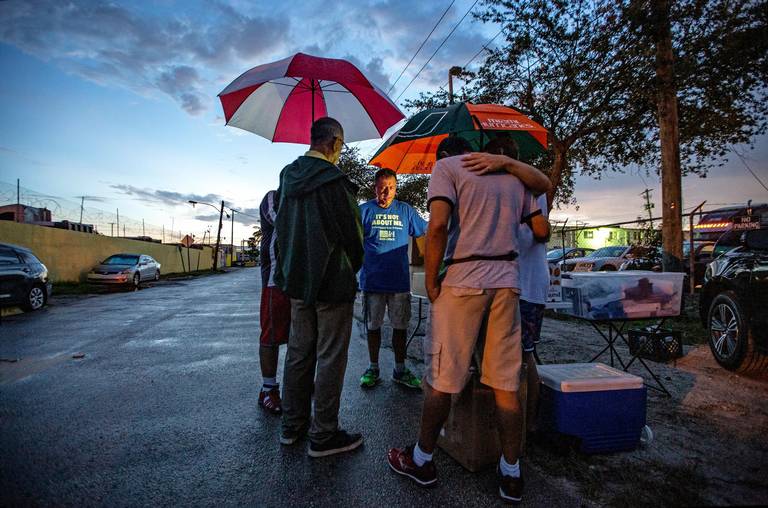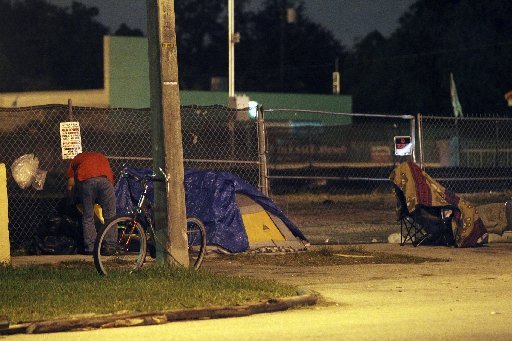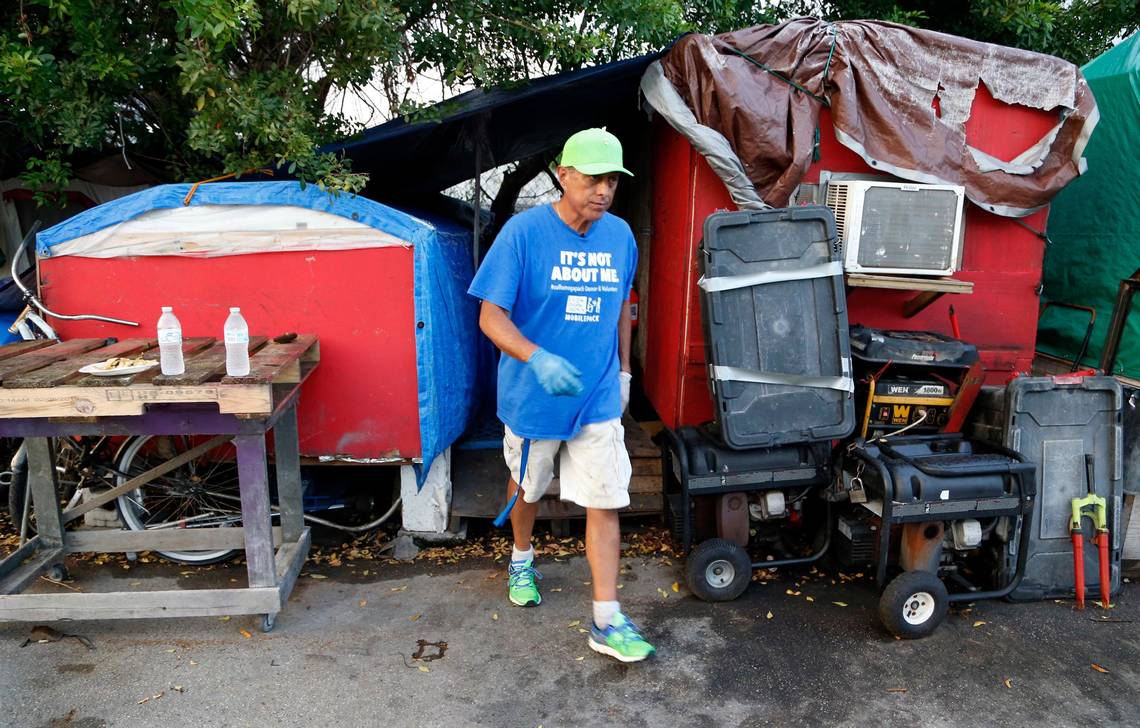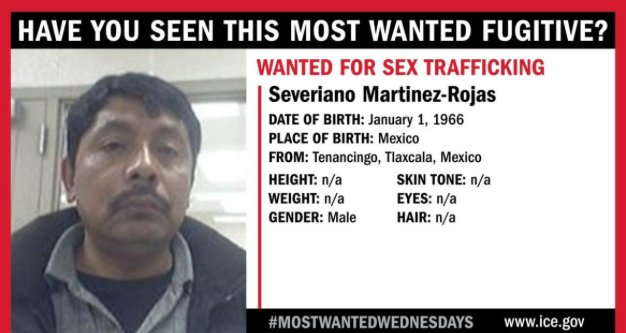Now the 70 child sex offenders who call the makeshift village home must find a new place to reside. Again. (THREAD)
But for a group of people who are considered to be social pariahs, their options for moving are few and far between. hrld.us/2XEsLpe
Police lose track of hundreds of sex offenders every month.
“They all have the scarlet letter.” hrld.us/2XEsLpe














